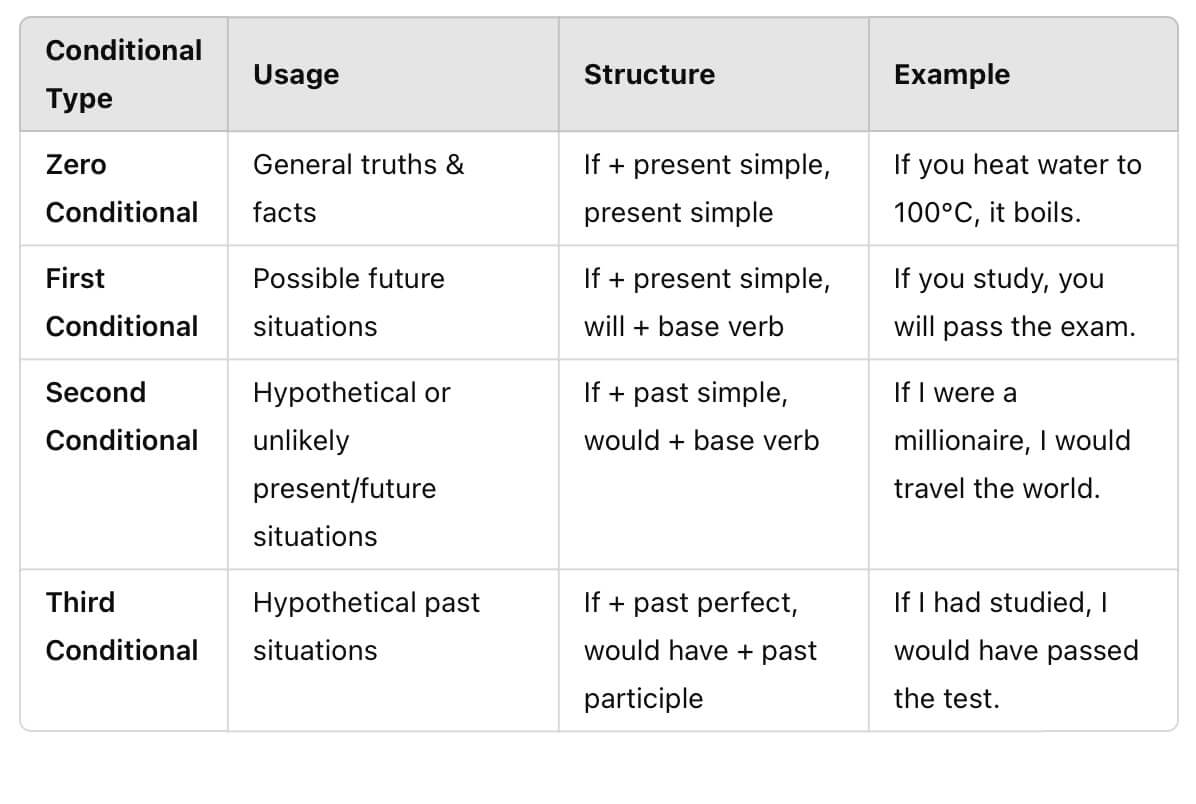- Home
- Online Grammar Quizzes
- Modal Verbs of Ability Quiz
Modal Verbs Of Ability Quiz
In this modal verbs of ability quiz you have to choose between can, could, and be able to for gaps in a number of statements.
Go to the lesson on modals of ability if you need to review them first.
For the quiz you'll need to understand the difference between general ability (things that you can always do once you have learned e.g. ride a bike, speak a language, swim) and specific ability (things specific to that moment e.g. lifting something heavy, crossing a busy road, eating more food).
Which modal to use can depend on those differences.
Modal Verbs of Ability Quiz
Can, Could, Be Able To
Instructions
Decide which of the choices for the gap are correct. Look carefully at them, as some could be referring to both present and past, depending on the context.
The sentence shows a specific ability not a general one. 'Could' is not used for a specific ability in the past so we have to use 'to be able to'.
'Can' doesn't fit grammatically as we already have a modal verb (will) plus verb (allow). The infinitive 'to be able' does fit. We can only use 'can' for the future with a time phrase e.g. 'I can come tomorrow'.
'Could' isn't possible as it's the present tense for something that's always true, not the past. 'Are able to' also fits.
We use could + have + past participle to express an ability in the past that was there (playing the piano) but for some reason, never got fulfilled (she never had lessons).
The sentence shows a specific ability not a general one. Only 'couldn't' is for specific abilities in the past, not 'could'. 'be able to' can be used though for a specific ability.
It could be any, depending on the context. If we are talking about the present, both 'can' and 'is able to' fit. However, the statement could, for example, be someone talking now about an artist from the past, in which case 'could' fits.
Either of these can be used to talk about present ability.
It's talking about the past.
It's about something the person wasn't able to do, so it's couldn't.
This is about what everyone is able to do with modern communication tools at the current time, so it's 'are able to', which reflects what can be done in the present. Using 'could' would imply possibility rather than ability.
New! Comments
Any questions or comments about the grammar discussed on this page?
Post your comment here.




